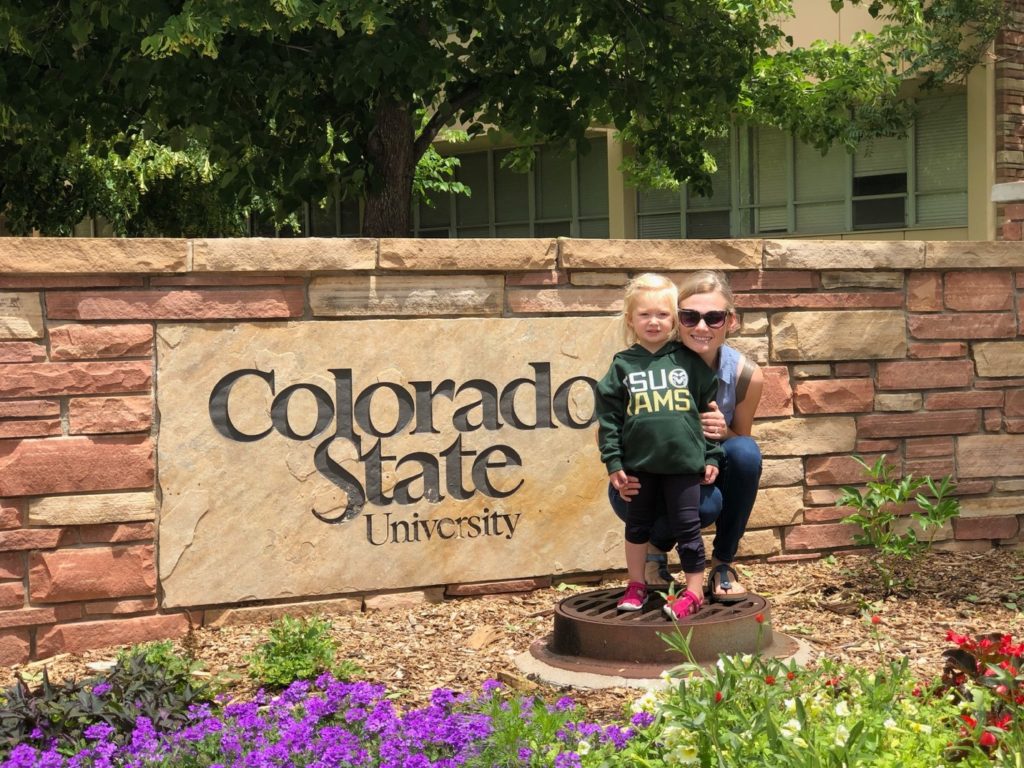
Elizabeth Kiehne is an assistant professor in the School of Social Work at Colorado State University. Learn more about why she came to CSU, and her interests in immigrant integration and rights; immigrant family well-being; cultural pluralism and intergroup relations; intergroup attitude formation and change; social policymaking; measurement development; and intervention research.
1. What brought you to CSU’s School of Social Work?
“The South African anti-apartheid activist and Nobel Peace Prize recipient, Nelson Mandela, suggested that ‘education is the most powerful weapon which you can use to change the world.’ I came to Colorado State University to join with others in the School of Social Work to advance equity and justice through the powerful tool of education. What I find so rewarding about my role here is the opportunity to engage with a variety of groups—including the students, university, profession, and community at large—around issues of social justice and rights for immigrant populations.”
2. What are your research interests, and how did you get into that topic?
“Social workers have a long history of working with new Americans to support their integration and well-being in the U.S. My research extends this historical focus and work, with a critical eye on how elements of the socio-political environment impede and facilitate well-being. My work deconstructs intergroup relations to better understand how and why individuals form their attitudes about immigration and toward immigrants in the U.S.”
“As a social work researcher with an applied focus, I also study how we can most effectively leverage our best-known tools to promote welcoming and inclusive communities—namely, intergroup contact and exchange. I came to this area of study because of early intergroup contact experiences of my own that sensitized me to the many injustices faced by immigrant populations in the U.S. This exposure became a consistent thread throughout my life and ultimately led to a life-long commitment to advancing immigrant justice and rights.”
3. What’s your teaching philosophy?

“I teach social policy and believe students come to the classroom with powerful life experience and learn best when able to grapple with material and social quandaries actively and collectively. As a profession committed to addressing environmental forces that give rise to individual challenges, I believe social workers studying social policy should be presented with opportunities to advance their understanding of social problems that manifest at the individual-level. Social work education is a time to critically examine social structures and arrangements that give rise to challenges and envision, articulate, and promote solutions to advance the well-being of vulnerable populations. This philosophy aligns with critical theory and Freire’s liberatory pedagogy.”
4. What’s your favorite thing about campus so far?
“Colorado State University has a beautiful campus and a very well-thought-out system of supports to promote student success. I have enjoyed visiting the various affinity groups on campus and support services to learn more about the opportunities for students to receive whole-person support. Pursuing post-secondary education can be both highly rewarding and highly stressful, so I encourage students to use these resources and reach out for support.”
The School of Social Work is part of CSU’s College of Health and Human Sciences.